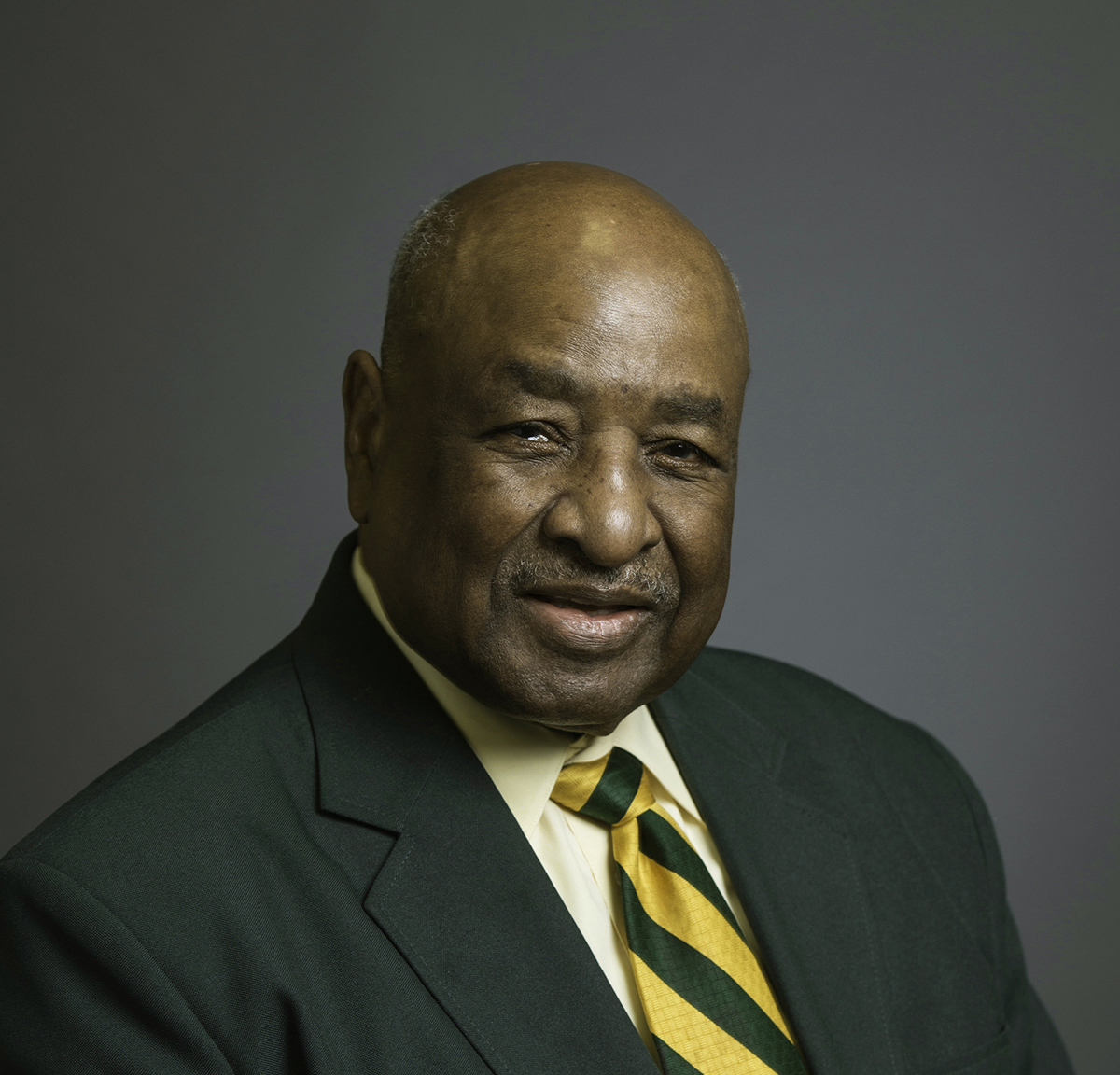Professor D.R. Butler, whose service to Mason spans a quarter-century, has followed a remarkable path over his 82 years.
Born in rural Texas during the Great Depression, Butler learned early a lesson about giving back. During those hard times, his father would fill his pickup truck with watermelons picked at a cousin’s farm, then drive around town with young D.R., delivering them for free to families in need.
“That was my father’s way of giving back,” Butler says. “You can’t describe the feeling you got in watching the expressions on these people who were almost at the end of the line,” he recalls. “It’s amazing how it impacts you.”
At just five years old, Butler dreamt of being a pilot. Impossible, his practical father told him—until President Truman desegregated the armed forces. Now Butler’s dream was possible. At age 16, he enrolled at Prairie View A&M, a historically black college with an ROTC program, graduating with a degree in mathematics. He joined the U.S. Army, training as a helicopter pilot. Butler’s Army career took him to Korea, to Germany, to Vietnam for a year of flying helicopters in a war zone, and finally to the Pentagon. He retired as a colonel in 1985. Only then does the Mason chapter of his life begin.
For his second career, Butler wanted “to teach and work with young people.” Joining Mason’s athletic department, for many years he led the academic and guidance center for student-athletes. More recently he held the position of associate athletic director for community relations. Earning his doctorate in public administration from Mason in 1992, he also taught an undergraduate government class every semester for two decades, until his retirement in February. Renowned for his concern for students, he has received many heartfelt thank you letters from them in return, which he proudly saves.
Butler’s care for students has led him to become a philanthropist, as well. He and his wife of 62 years, Jo Jewell Butler, along with their daughters, established the Butler Family Endowment in Women’s Athletics in 2010. Used annually to support five women’s teams at Mason, the endowment’s value now exceeds $125,000. For many years, the Butlers also hosted barbecues at their home for the teams, although that tradition ended a few years ago.
As a benefactor and as a mentor, Professor Butler often passes on his father’s example: “The best helping hand you will ever find in life,” he says, “is at the end of your own arm.”
Feburary 1, 2017 / RR


